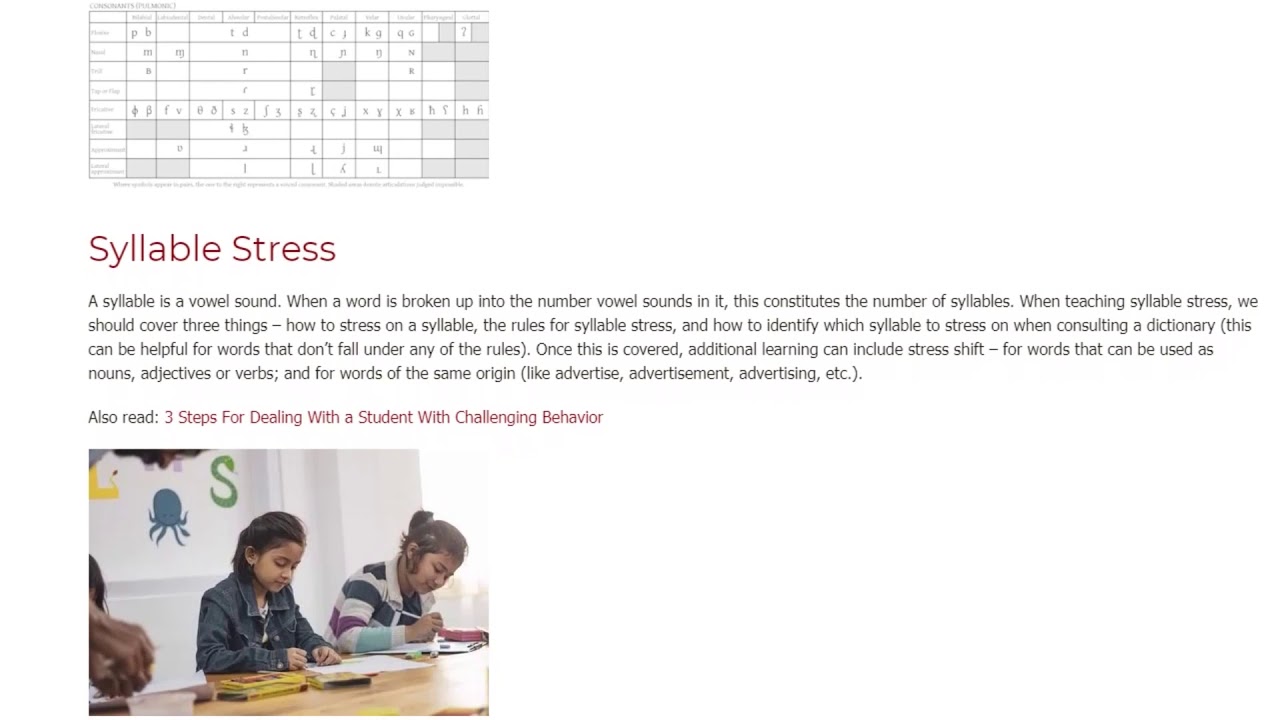English as a Non-Phonetic Language | ITTT TEFL BLOG

Like we all know, the English alphabet has 26 letters. These 26 letters can make 44 different sounds or phonemes – 20 sounds come from the vowels a, e, i, o and u; and 24 sounds come from the remaining 21 consonants. A phoneme is the smallest unit of sound that can change the meaning of a word.
If we consider sounds made simply by the letter ‘a’ for instance, in the word ‘apple’ – it’s /ae/, in ‘car’ – it’s /a:/, in amount – it’s /a/, and so on. This, consequently, makes English a non-phonetic language, which means that the pronunciation of a word is not dependent on its spelling. Now in order to pronounce a word correctly, we need to get three factors in it right – vowel sounds, consonant sounds and syllable stress. In this post, we will explore these three factors in more detail.
Read more here: https://www.teflcourse.net/blog/english-as-a-non-phonetic-language-ittt-tefl-blog/?cu=YTDESCRIPTION
Are you ready to live and teach abroad? Click here and get started today: https://www.teflcourse.net/?cu=YTDESCRIPTION
Check our wide range of online TEFL & TESOL courses: https://www.teflonline.net/?cu=YTDESCRIPTION

Leave a Reply